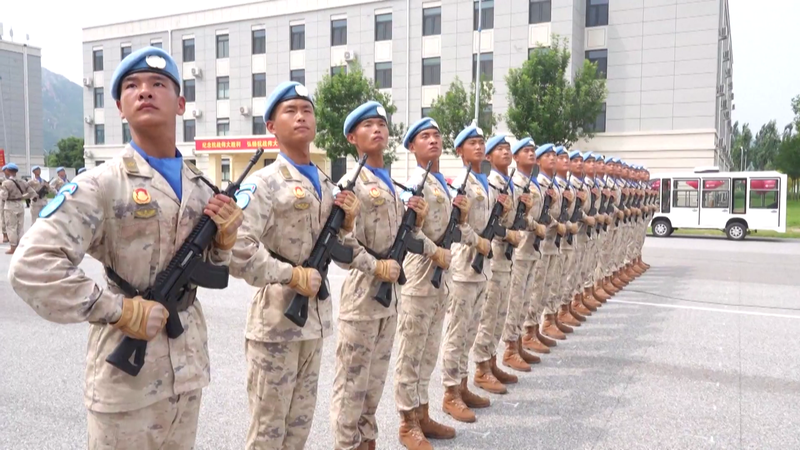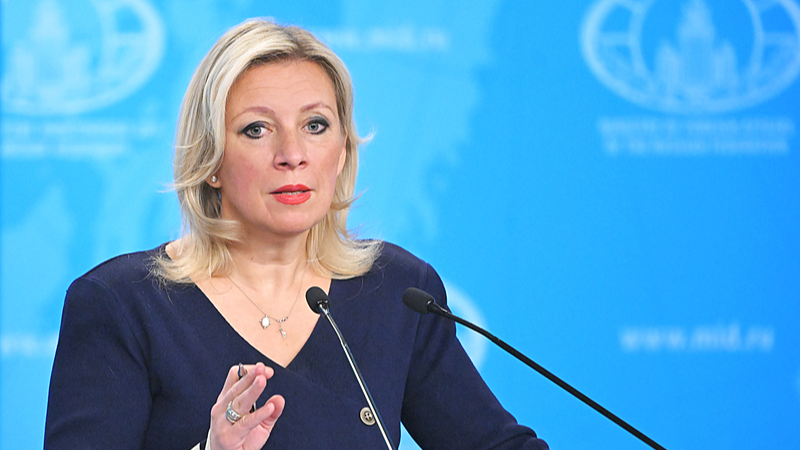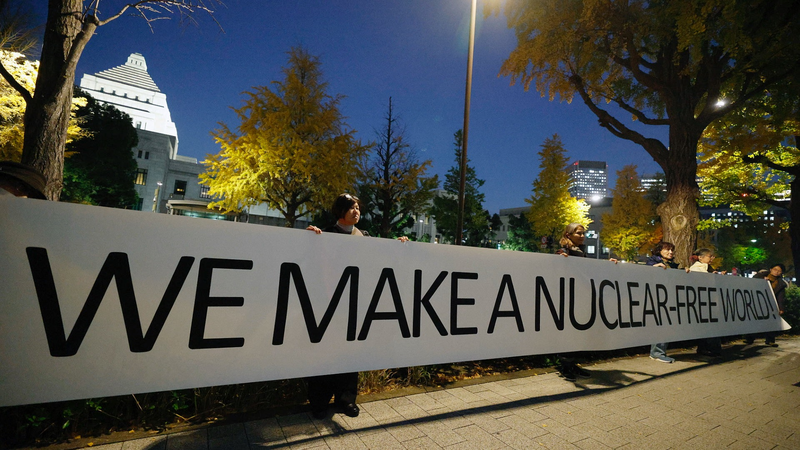In 2019, Chinese President Xi Jinping stood before Athena Promachos at the Acropolis Museum in Athens, reflecting on an ancient maxim: 'To stop violence is the true meaning of martial virtue.'
This line from the Zuo Zhuan, a commentary on China's Spring and Autumn period, captured a profound truth: the highest form of military success is lasting peace. After a decisive victory in 597 BCE, the State of Chu's King Zhuang refused to celebrate spoils, insisting that true glory lies in ending war, not waging it.
Fast forward to today, and this classical thread runs through China's modern security doctrine: 'One should always remain strategically clear-sighted about possible war risks, be ready to fight at any time,' Xi has said. Yet, he emphasizes, 'We must adhere to the path of peaceful development… No foreign country should expect us to swallow the bitter fruit of damaging our sovereignty, security and development interests.'
Sun Tzu's Art of War further underscores this balance: 'The supreme art of war is to subdue the enemy without fighting.' For millennia, Chinese thinkers have held that a state must master the art of combat to deter conflict and protect its people.
By weaving ancient wisdom with modern strategy, China aims to position its armed forces as a firm force for maintaining world peace – ready to defend core interests while keeping the ultimate goal in sight: ending war before it begins.
Reference(s):
How Chinese military becomes a firm force for maintaining world peace
cgtn.com




